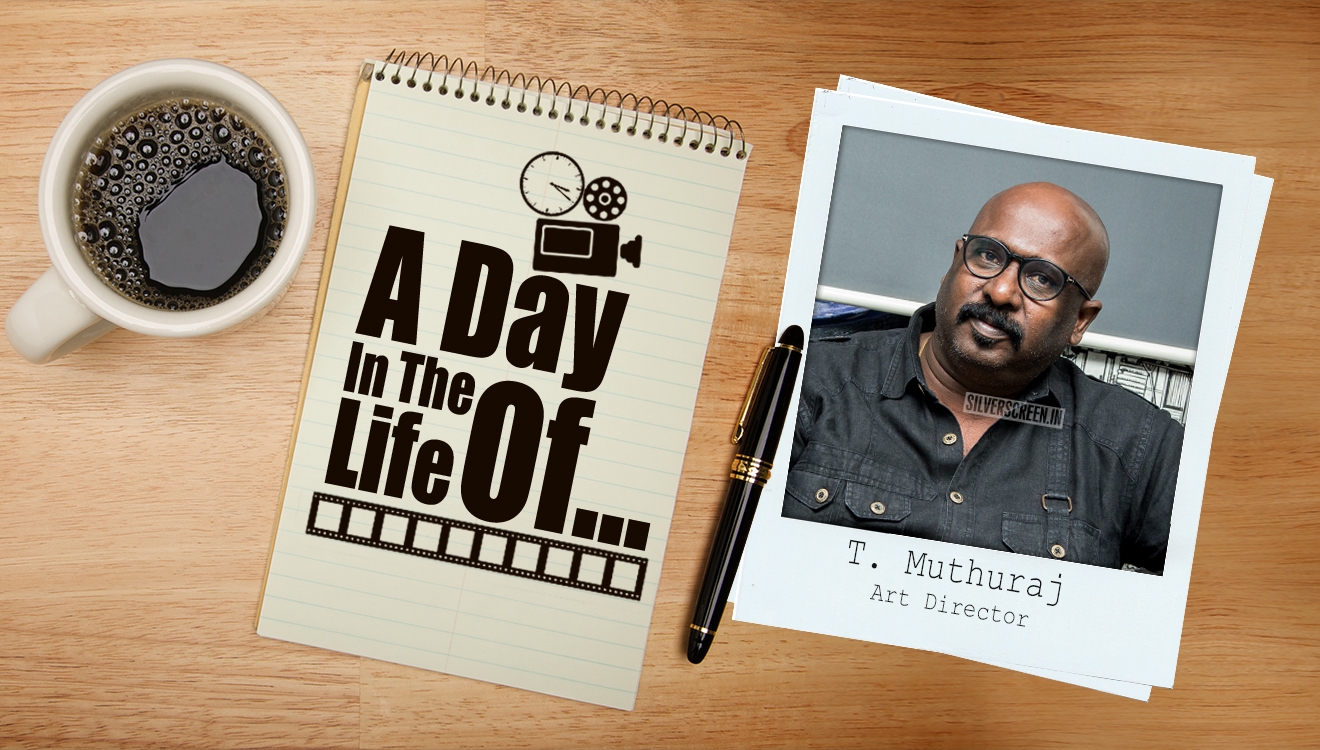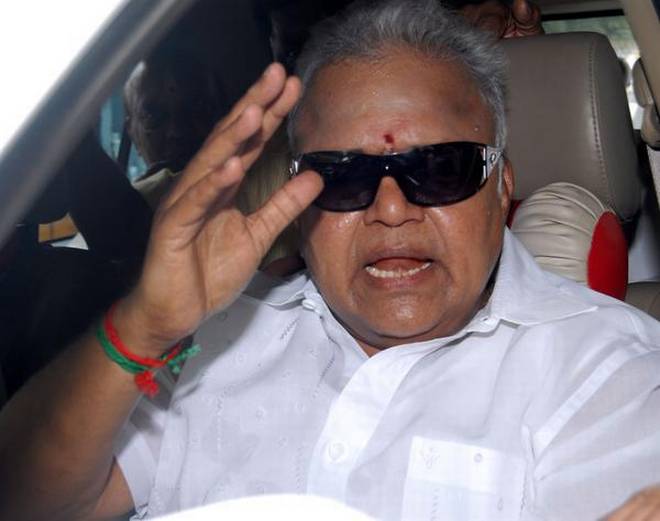Veere Di Wedding will make a fun drinking game. Drink every time you spot a brand. It will definitely make you happy high not because of the heart-warming story of four friends but because of the unapologetic product placements that you won’t be able to count on your 10 fingers.
Though the film, starring Kareena Kapoor Khan, Sonam Kapoor Ahuja, Swara Bhasker and Shikha Talsania, has been raking in the moolah at the box office, the common grouse is that it’s shallow and elitist and focusses more on the look than the story and has zilch to offer as far as women’s lib and empowerment are concerned. They all make a fair point. But the actors and the filmmakers never claimed it to be a film for the feminist cause. In fact, during promotions, the actors categorically stated that this film is not the flag-bearer of feminism. In Swara’s words, “We didn’t say Veere Di Wedding is a feminist film. We are not carrying banners like this in it.” Fair enough. The problem lies with the viewers and their expectations. For decades, with labels like women-centric films, it’s assumed that if it’s a woman protagonist then the story has to talk about some cause. It has to have a message. Women are hardly allowed to be silly and frivolous on-screen unless it’s to make the male leads look good. Women are either placed on pedestals, shown as martyrs or simply mistreated; there never has been anything in between.
Bollywood discovered the concept of bromance after the release of Dil Chahta Hai. The concept of male bonding has been explored ad nauseam, there are as many films on male bonding as the number of ads in Veere. What’s so intellectual about Dumb and Dumber, Harold & Kumar Go to White Castle, The Hangover, I Love You, Man and Pineapple Express? These movies are all about flawed men and their misadventures. These films are liked and recommended despite the shallow storylines and the silly shenanigans of the leads. More importantly, they are not burdened with expectations, other than being entertainers. The men are lauded for their buffoonery, and they are most often sexist, mildly offensive and stereotypical, and almost never lumped with a cause.
Remember Zindagi Na Milegi Dobara? The film was about three upper class men and their problems – a workaholic, a man with relationship issues, and a commitment-phobic person with daddy issues. These men looked gorgeous on-screen with their chiselled and tanned bodies and found answers to their problems while vacationing in picturesque Spain. The plot was peppered with moments that were chuckle-worthy, but some problems the women in Veere face are also relatable – broken marriages, dysfunctional families and that friend who is constantly on Tinder or matrimonial websites looking for the right match. Agreed that these women don’t make great role models but that was never their intention. The difference between Zindagi Na Milegi Dobara and Veere is that the cinematic experience was elevated with better dialogues in the former, which were largely missing in the latter.
The reason why Veere is being criticised is probably because it doesn’t have a predecessor. Whether it’s Lipstick Under My Burkha, Dor or Angry Indian Goddesses, they were all stories with a message. They are all about women negotiating and pushing boundaries. Bollywood doesn’t have a Sex and The City or Bridesmaids, where extremely flawed women are helping each other out to figure out life, career and relationships, the way we do in real life.
In an episode of Sex and The City, the caustic Miranda observes: “How did it happen that four such smart women have nothing to talk about but boyfriends? It’s like seventh grade with bank accounts.” While the show never answered her question, it sure changed the way a woman’s desire and sex life are portrayed on-screen. It normalised a woman’s sex life without slut-shaming her.
From tea bagging to golden showers, the show has shown urban professional women dealing with all kinds of sexual encounters without any shame or judgement. Veere’s portrayal of a gay couple, the masturbation scene or the four friends sniggering at men with names like Nirmal or Bhandari can be brushed aside but it won’t be surprising if urban Indian women relate to it.
Urban women in India have multiple partners, they openly talk about their sex lives, they smoke, they drink and they also like to have fun. Veere is not a masterclass in storytelling – at most it’s a one-time watch – but, it shows urban women in a way that is new to the Bollywood audience. While the audience is conditioned to accept and enjoy brain-dead comedies with male leads and bro films, there is a yawning space for films headlined by women protagonists who are shallow, hedonistic and frivolous. As for the product placements, that many brands are actually required to finance a film with four female leads.
Recommended
To all the prudes who had a problem with the film being one-long fashion show, here’s something from Chimamanda Ngozi Adichie, an author, a feminist and a fashion icon. When asked why femininity and fashion are not taken seriously, she says,
“It’s about a culture that diminishes women. The things we traditionally think of as masculine are not things our culture dismisses as frivolous. Sports, for example, we think of as masculine. It’s something that our culture takes quite seriously. I think it’s part of a larger picture of a world that simply doesn’t give women the same status that it gives men.”



